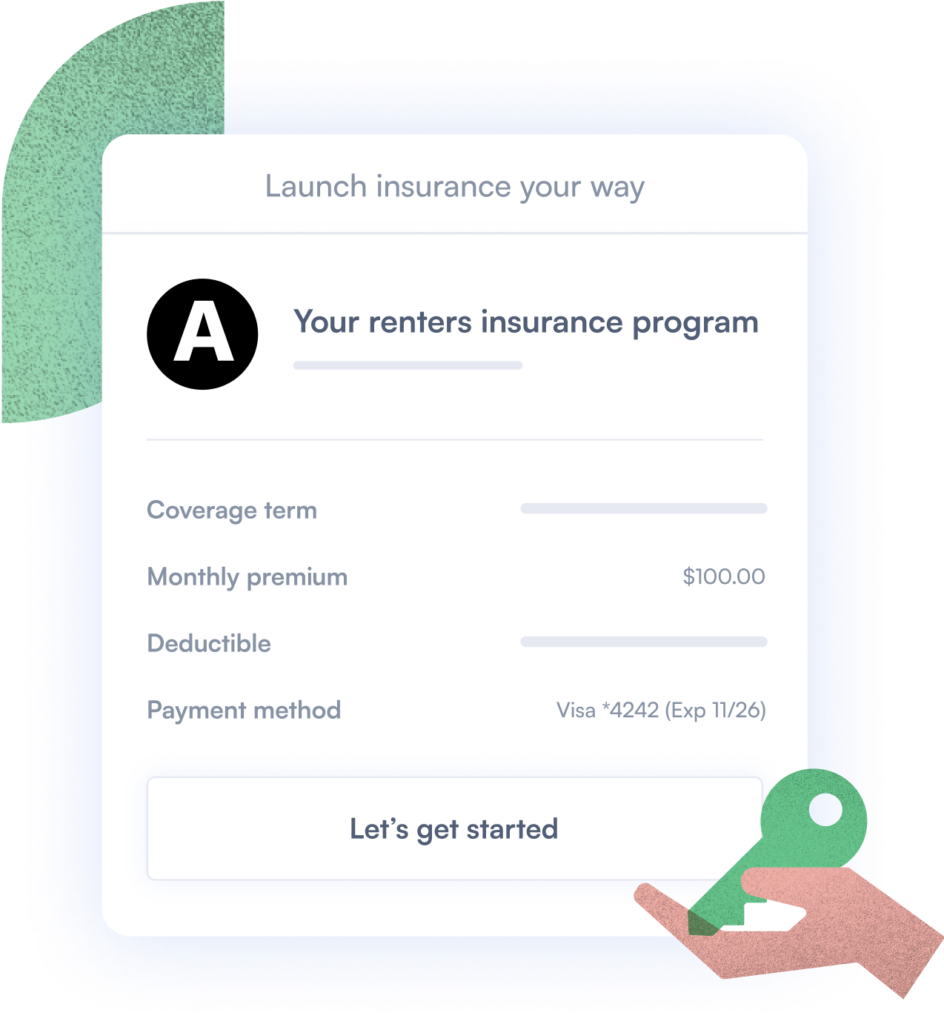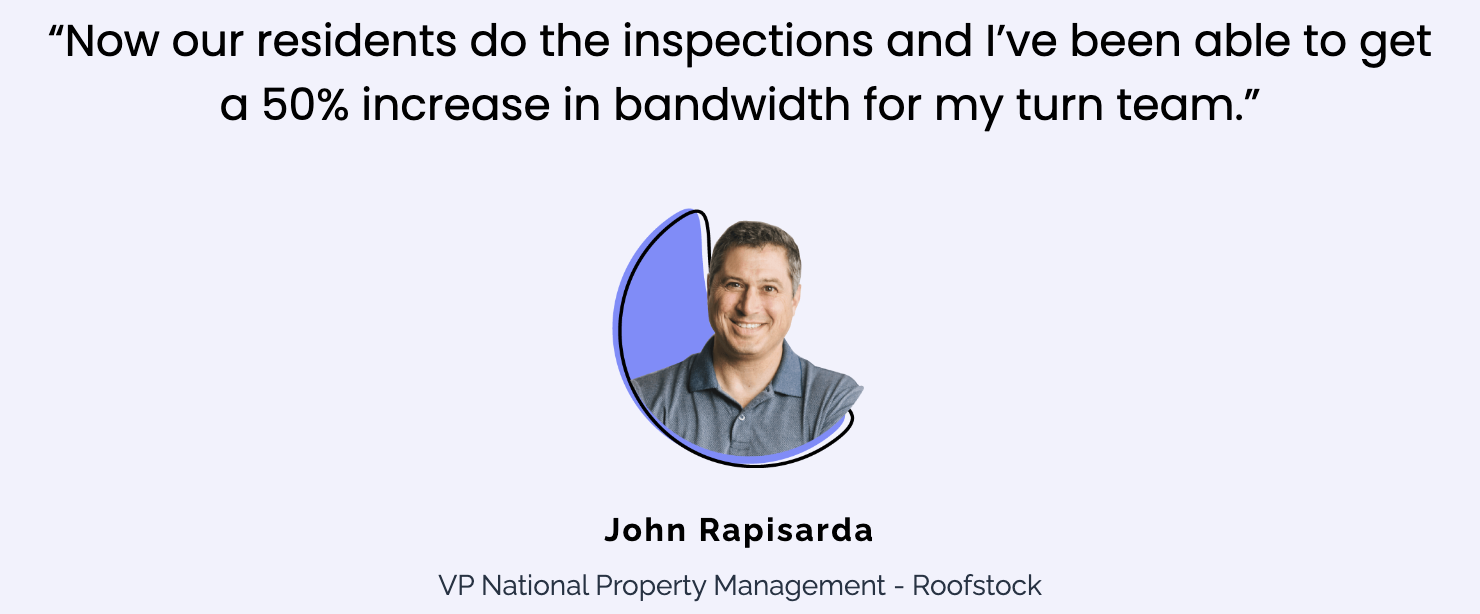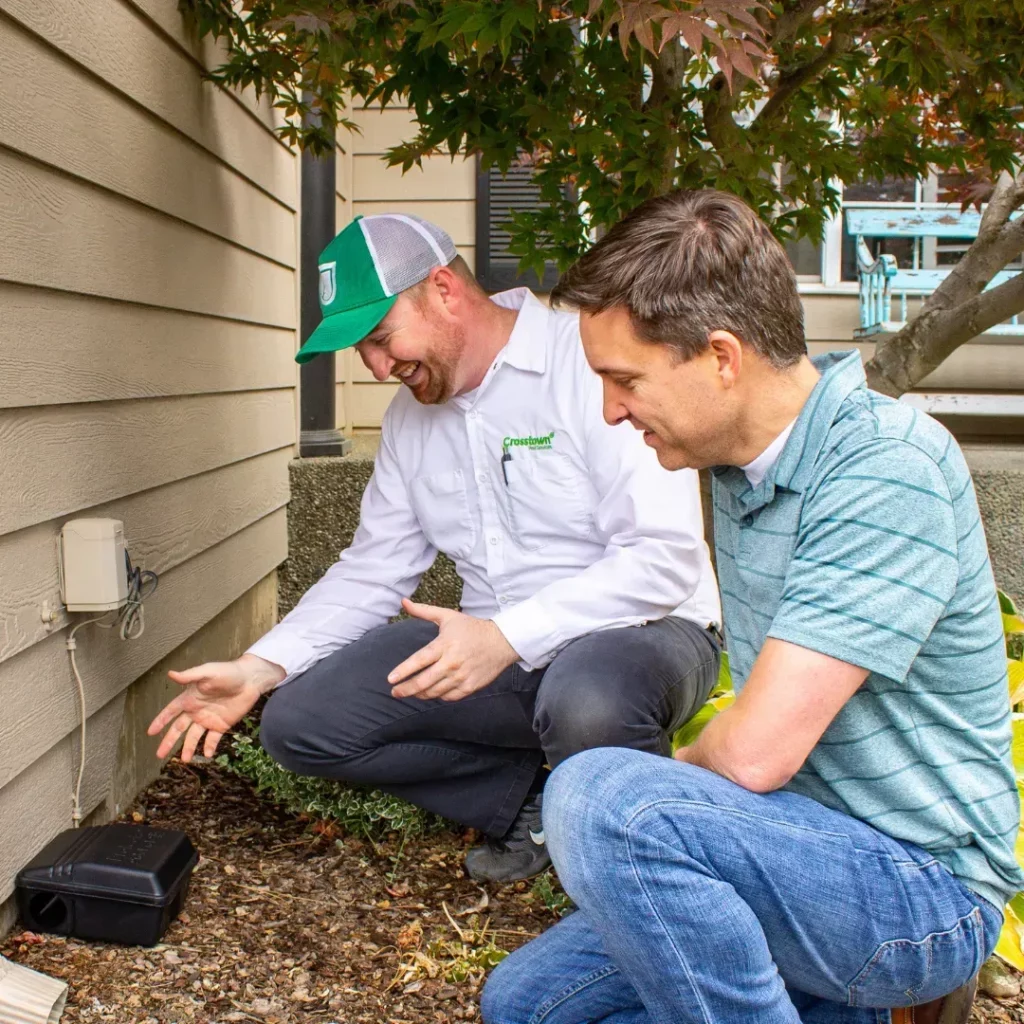From sifting through new applications to responding to maintenance requests, landlords are very busy people. Often, their many responsibilities can distract them from communicating with tenants. 5 Communication Tips for Busy Landlords
However, good communication is the bedrock of a thriving real estate investment strategy. Responding to tenants promptly can head off maintenance woes, keep renters happy and reduce expensive turnover costs. When you and your tenants can effectively communicate, you can act quickly to solve a slew of problems.
How can landlords connect with renters and get everything done promptly?
5 Communication Tips for Busy Landlords
1. Make Yourself Readily Available
Tenants are accustomed to having 24/7 access to their property managers. After all, a broken pipe can’t wait for a 24 hour response time. As a landlord, you must prepare yourself to be available and accessible in the case of questions and emergency concerns. If you own a small property and respond to maintenance requests yourself, this might entail keeping your phone on at all times.
However, if you oversee more units, you may consider hiring or outsourcing staff to ensure tenants can communicate their needs immediately. Latchel will take emergency calls from tenants and dispatch preferred contractors as soon as possible. This way, you never have to lose sleep over a missed call or emergency repair.
2. Use Mobile and Online Communication
Different tenants prefer different modes of communication. While some may be fine with talking in person, you must still offer multiple ways they can get in touch with you and staff members.
Today, mobile and online communication is king, and more landlords are using property technology (proptech) to interact with tenants. From collecting online payments to digital lease agreements and text notifications, property managers save time and improve cash flow.
3. Pre-Plan Preventative Maintenance
Ongoing maintenance tasks like cleaning HVAC systems and conducting pest inspections are essential for good management. First of all, they head off the need for emergency services that can stress out you and your tenant. Plus, failing to coordinate these appointments can result in long-term mold growth, infestations and other costly risks to your rental business.
However, an important step to proper maintenance is tenant notification and approval. If you set last-minute appointments, you might risk tenant conflicts that derail everyone’s schedule. Therefore, it’s a smart idea to head off problems now and get maintenance rolling on a set basis.
Start marking your calendar with reminders to schedule services well ahead of time. Put essential services like pest inspections on a monthly, quarterly or seasonal rotation and give your tenants adequate notice so you can reschedule if needed. This way, you keep your tenants in the loop and avoid a scramble with contractors.
4. Give Advance Inspection Notice
Speaking of inspections, maintain a respectful and legal communication practice when altering renters. Tenants don’t like landlords or maintenance teams showing up without prior notice. In fact, most states require you to give renters 24 hours heads up before inspections or repairs. Moreover, only show up during reasonable hours like between 9 a.m. and 6 p.m.
Use an instant messaging service, send a text or leave a physical notice at their door. Your tenants will appreciate the warning. Furthermore, you’ll have a record of notification should issues arise later on.
5. Reach Out to Potential Tenants
Current tenants aren’t the only ones you should communicate with. As a landlord, you must continually search for ways to connect with and attract potential occupants. They’re the ones that will keep you in business when others leave.
Looking to fill a vacant unit? One of the best ways to reach new tenants is to ask current ones to write reviews and refer friends and family to you. This form of indirect communication can be incredibly useful in gaining new clients.
Avoid Over-Communicating With Your Renters
While tenants prefer you keep them in the loop when it comes to maintenance and inspections, there is such a thing as over-communicating. Sending too many notices and flooding their inbox with emails will only frustrate them. Eventually, they may stop reading your messages altogether, which completely defeats the purpose of communicating in the first place.
When in doubt, keep communication simple and straightforward.
About the Author:
Holly Welles is a real estate writer who covers renting and investing for Apartment Guide, Rental Housing Journal and other digital publications. More of her work can be found on her own website, The Estate Update.
















